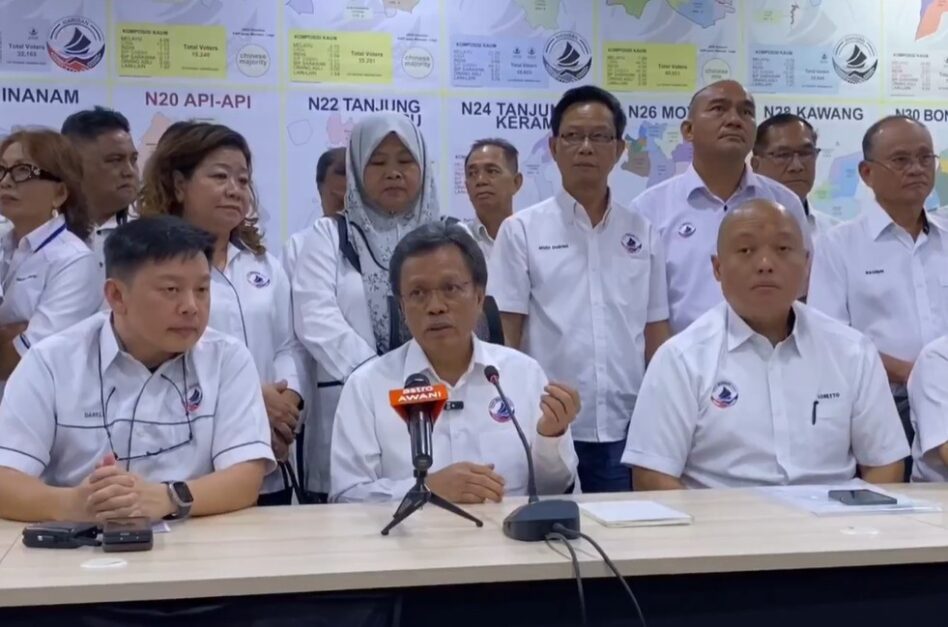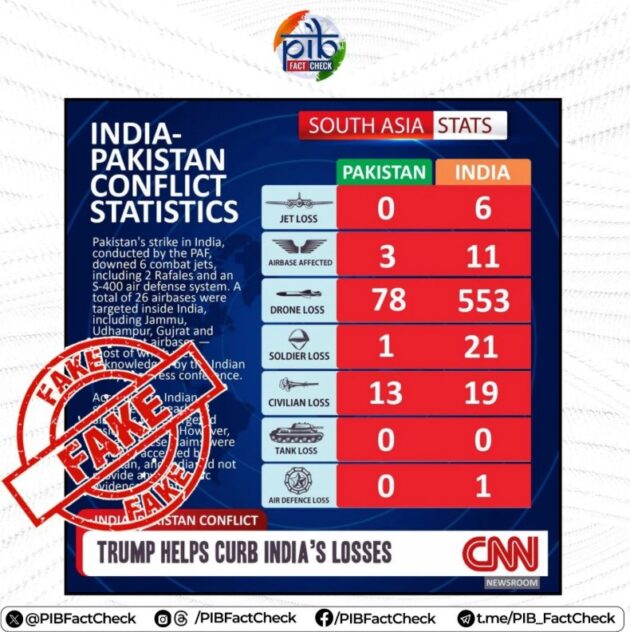KUALA LUMPUR: The establishment of four new ministries in Prime Minister Tan Sri Muyiddin Yassin’s government will create an environment for a more systematic and focused governance which is capable of driving the country’s development, say analysts.
The director of the Centre for Media and Information Warfare Studies, Faculty of Communication and Media Studies, Universiti Teknologi MARA (UiTM), Prof Datuk Dr Ismail Sualman, said the new ministries would also promote a more efficient administration.
Muhyiddin, when announcing his cabinet line-up on March 9, named the four new cabinet portfolios as Higher Education, Environment, National Unity as well as Sabah and Sarawak Affairs in the Prime Minister’s Department.
“These new ministerial portfolios, in general, involve the appointment of old and new leaders with experience,” he added.
Ismail said the restructuring of the Ministry of Higher Education was a wise move as it would indirectly further facilitate the smooth administration of higher education in the country.
“The segregation of the level of education is appropriate because the philosophy in higher education and that in primary and secondary education are different.
“For higher education, it is more focused on research and development (R&D),” he added.
On the establishment of the Ministry of Environment, he said, it was important to address issues on the environment, including river pollution due to dumping of toxic waste, like what happened to Sungai Kim Kim in Pasir Gudang, Johor.
On the setting up of a special portfolio on Sabah and Sarawak Affairs in the Prime Minister’s Department, Ismail said it would ensure that the voice of the people in both states is better heard.
“It will also make management of issues related to both states more focused,” he added.
According to Ismail, the establishment of the National Unity Ministry will help the government better tackle issues involving unity, as well as racial and religious sensitivities.
Meanwhile, a senior lecturer at the College of Law, Government and International Studies (COLGIS), Universiti Utara Malaysia (UUM), Dr Kamarul Zaman Yusoff, said the new faces in the cabinet line-up announced by Muhyiddin should be given time to prove their capabilities.
He said this happened in the previous Pakatan Harapan (PH) government, with most of the ministers then not having the experience being in the cabinet.
“They had problems adapting themselves because many took office still with the mentality of an opposition, being in the opposition for too long, but this is not the case with the ministers in the new cabinet, comprising mostly of professionals and those with calibre and integrity,” he added.
He said this when asked on six individuals who were appointed as senators to hold posts in the cabinet.
They are the Mufti of the Federal Territories Datuk Seri Dr Zulkifli Mohamad Al-Bakri, who has been appointed Minister in the Prime Minister’s Department in charge of Religious Affairs; Tengku Datuk Seri Zafrul Tengku Abdul Aziz (Finance Minister); MCA deputy president Datuk Dr Mah Hang Soon (Deputy Minister of Education); MCA vice-president Datuk Lim Ban Hong (Deputy Minister of International Trade and Industry); Barisan Nasional (BN) executive secretary Datuk Dr Ahmad Masrizal Muhammad (Deputy Minister of Environment) and Bersatu Youth International Relations Bureau chairman Wan Ahmad Fayhsal Wan Ahmad Kamal (Deputy Minister of Youth and Sports).
Political analyst and lecturer at Universiti Sains Malaysia (USM) Centre for Social Sciences, Prof P. Sivamurugan, said the performance of a government should not be seen in terms of the size of its cabinet but the efficiency of its administration through the respective ministries.
“The appointment of cabinet ministers is the discretion of the Prime Minister depending on the country’s needs. So I don’t see the list of 69 people as ministers and deputy ministers in the cabinet as a problem. It looks big because we have four senior ministers and new ministries.
“It is the quality and achievements that we should see and evaluate,” he added
In the previous PH government, the cabinet was made up of 56 members, with 28 of them being ministers. – March 11, 2020, Bernama









